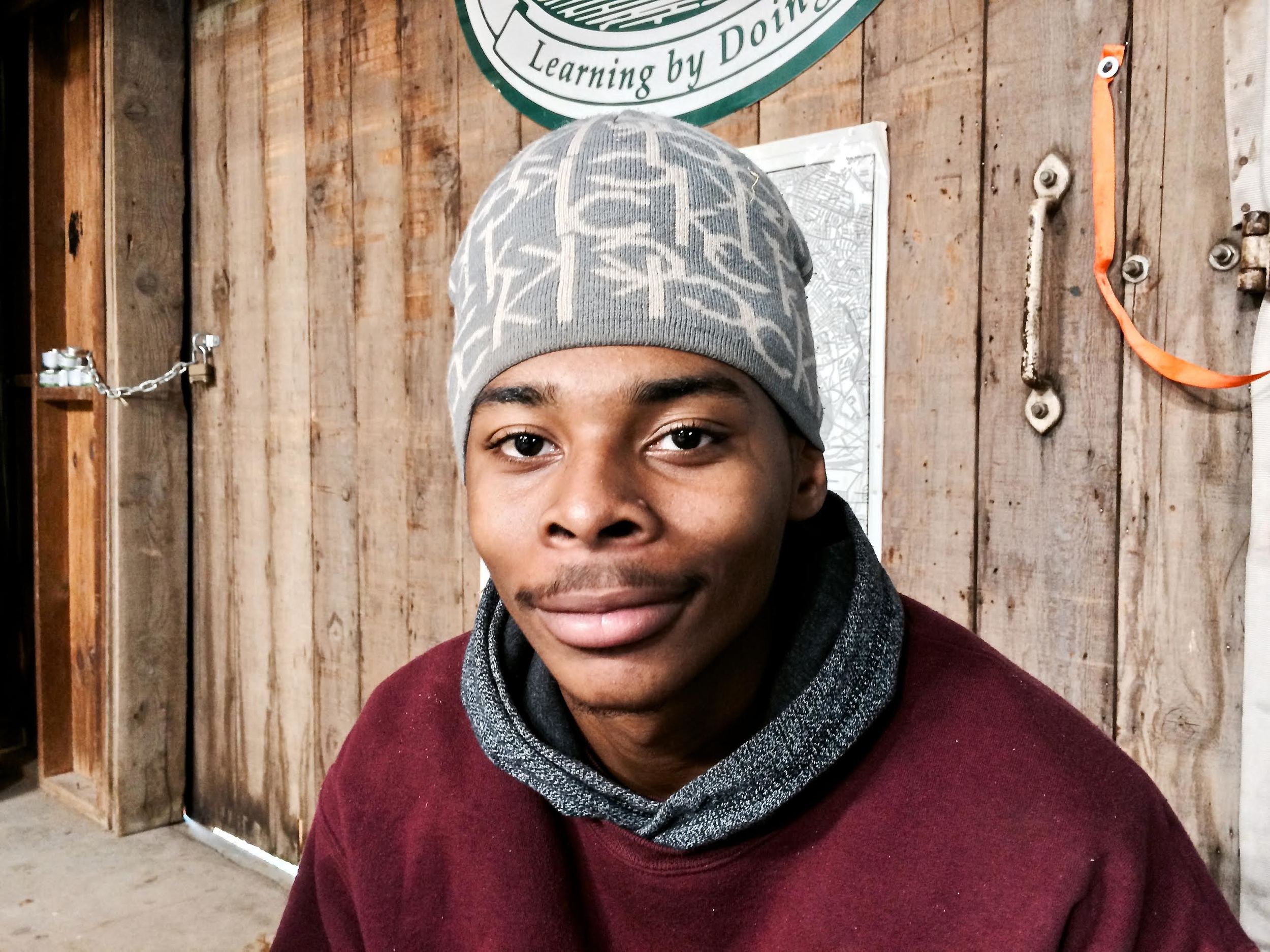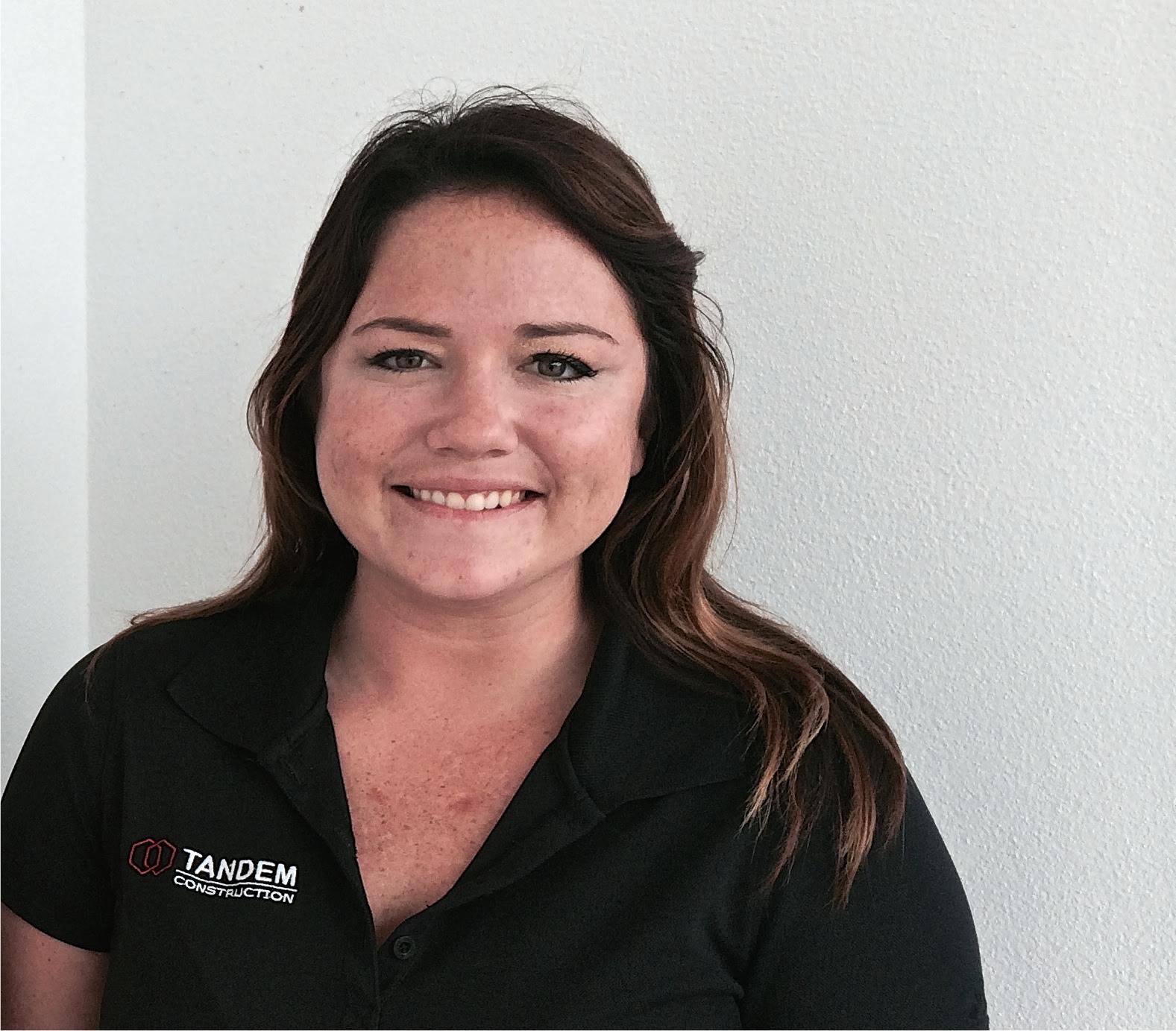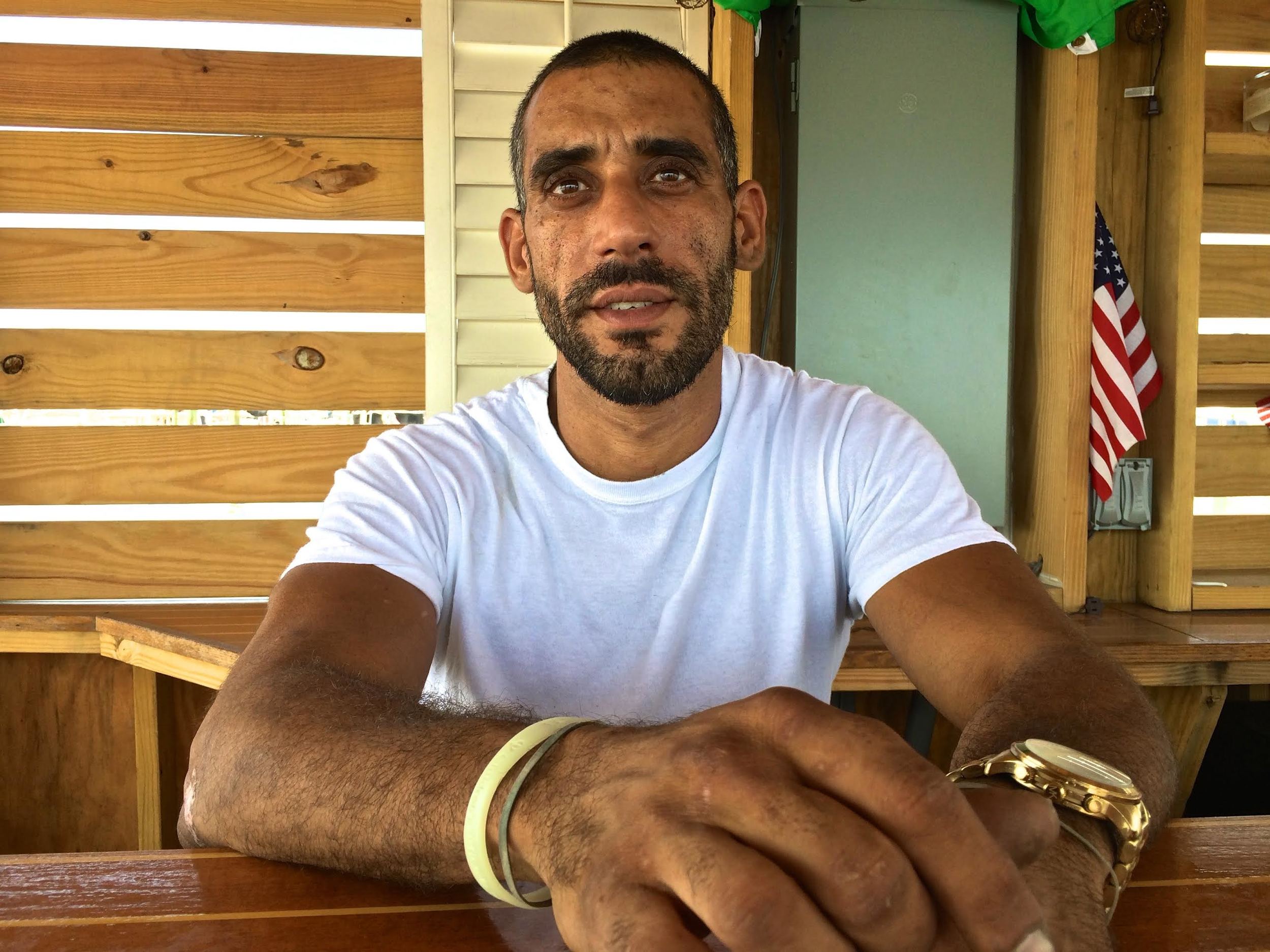ALAN JIMINEZ, 29
BUCYRUS, OHIO
Born into a poor and minimally educated Hispanic family, Alan Jiminez broke the mold once he graduated from high school in his native Kentucky. He wanted skills; he was looking for a way up. "I didn't want to live from paycheck to paycheck," he says.
He got a job at United Parcel Service, one of many US companies that offer tuition reimbursement for employees who also attend college. He went to school in the mornings and worked the third shift at UPS. With UPS's assistance, and a second job waiting tables on the weekends, Jiminez could cover his education costs and help support his household. "I come from a very modest poor family," he says. "Just seeing all of the struggles of all the families around me, gave me motivation and energy to work extremely hard. I’m very humble to be the first to graduate from college." That drive pushed Jiminez to his next step: a masters degree in electrical engineering.
"Once I finished my masters, I was invited to interview for General Electric lighting." Today he is the lead manager on his electrical operations shift. "I love it...I would not trade it for anything." Immensely proud of his payoff, he says he feels grateful for a job he's passionate about and growth opportunities. He is also mindful of those who are now making the necessary sacrifices to reach their goals. "There are a lot of working learners going through the same steps I went through. And I want them to know that I made it coming from a low income family having a lot of responsibilities. It can be done."
Jiminez is an Hispanic American pushing through barriers to acquire the skills and create the opportunities to move out of poverty. Even with the long hours Jiminez puts in, he carves out time to help others push themselves toward self-sufficiency and beyond. If the US Department of Health and Human Services data is correct, the nation will absorb 63 million more Latinos by 2040, through immigration and birthrates. Today, many of the 3,200 counties across the United States are majority minority, and looking for strategies to boost immigrants' wherewithal while making gains for the economy at large. The essential outcome: converting poverty into potential. That's Jiminez's track.











